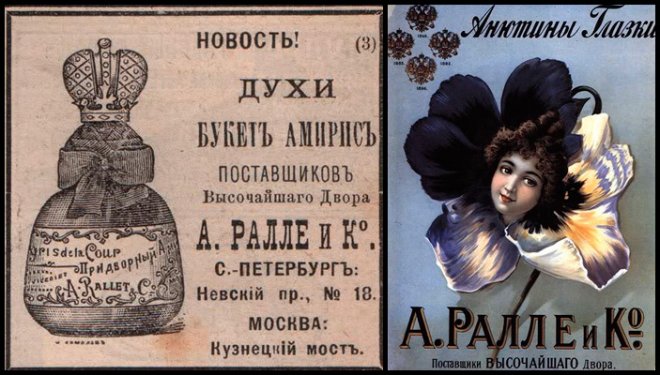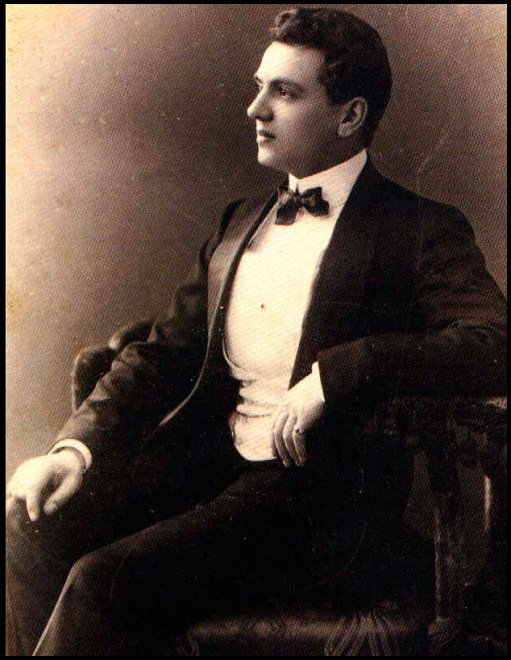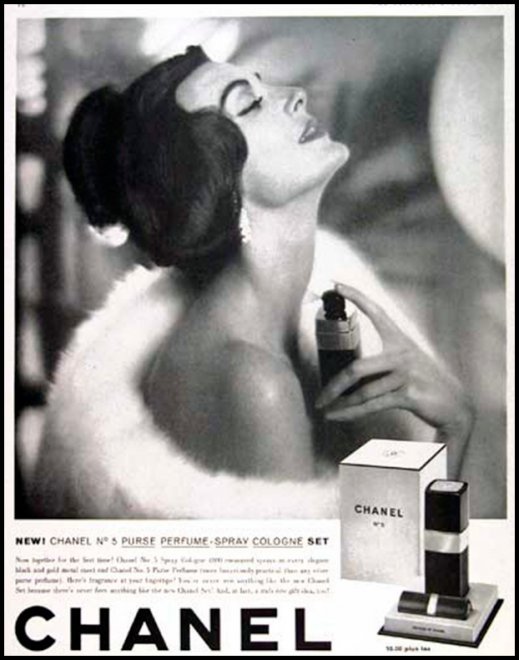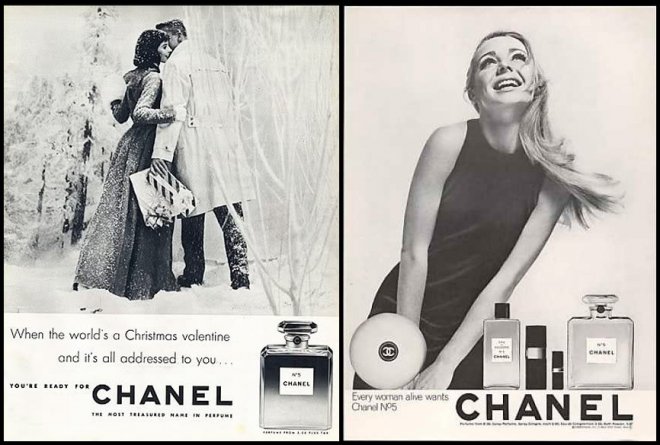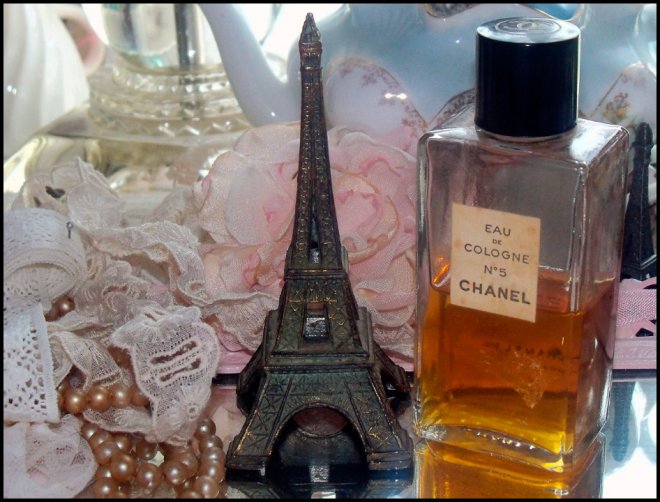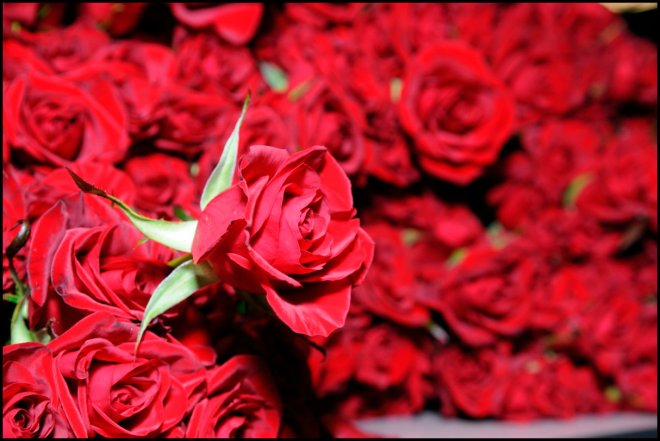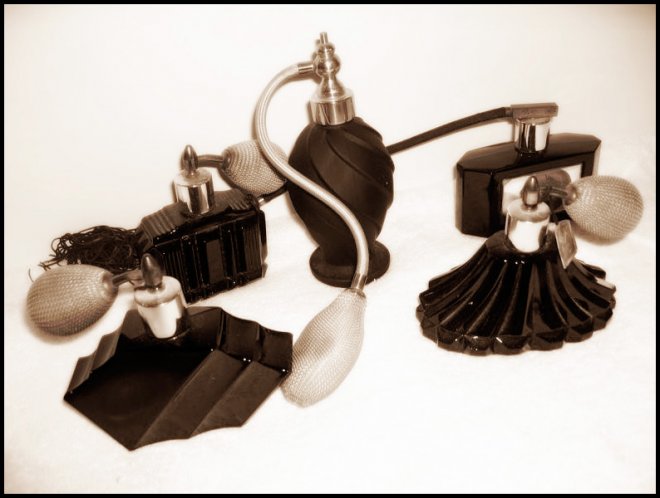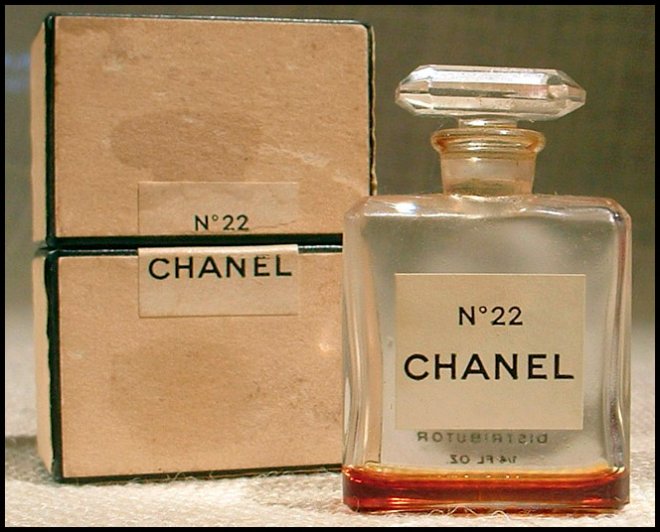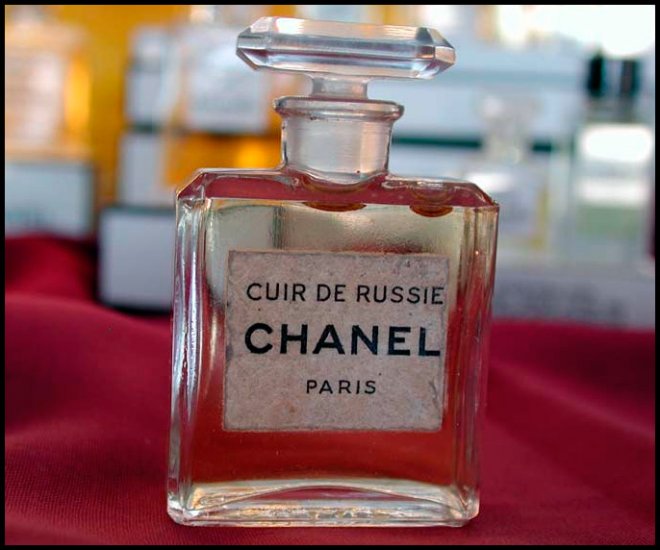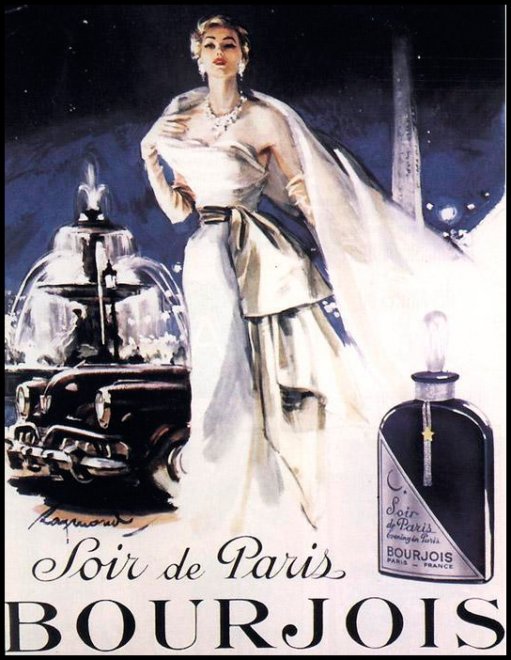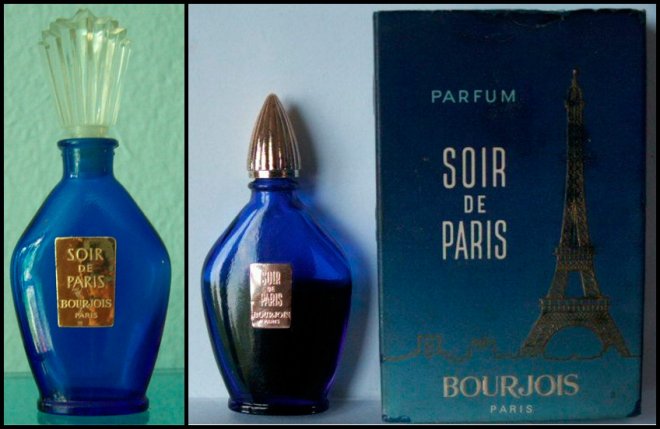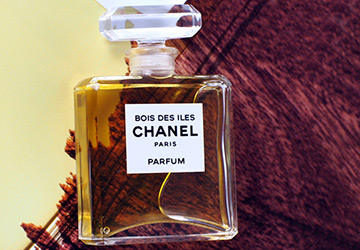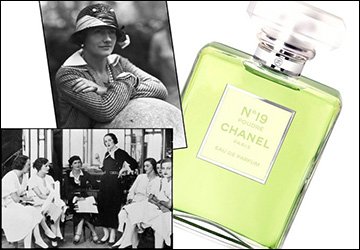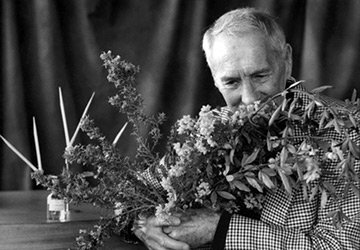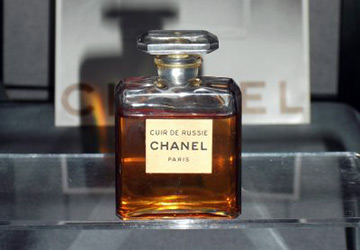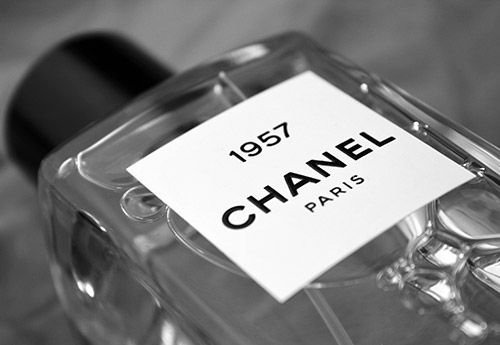Perfumery
Perfumer Ernest Eduardovich Bo and Chanel No. 5
The name of this ingenious perfumer must be remembered. Chanel No. 5 perfume owes its birth to him.
Ernest Bo was born in Russia in 1882. French by birth, he grew up and was brought up in Russia, which became his homeland. Since his father was a perfumer, Ernest's future was already determined from birth - he will be a perfumer, if he inherits a good "nose", otherwise he will be the manager of a perfume house. From an early age, his father taught him to the family business. From childhood, Ernest felt life in the breath of aromas, knew how to notice them, remember and appreciate them. In the perfume house of Alphonse Ralle (after the revolution, the Svoboda factory), his brother Eduard was already working, and little Ernest tried to keep up with him. After graduating from high school, when he was 16 years old, he went to France, in city of Grasse - to the kingdom of world perfume, where he had to consolidate his knowledge of perfumery and undergo an internship. Four years later, Ernest returns to Russia to start his career. Here his teacher was the technical director of the perfume house "Ralle" Lemercier. As Ernest Bo himself said about him: “I gladly pay tribute to him, deep reverence for his artistry and brilliant technical skills. Everything about him was original, starting with his way of living and dressing. He was a great innovator who never agreed to follow the usual standards, and clearly foresaw everything new ... ”.
In 1907 Ernest Beaux became the leading perfumer of the Ralle house. Genetically inherent in him love for perfumery and diligence in work made him a high-class perfumer.
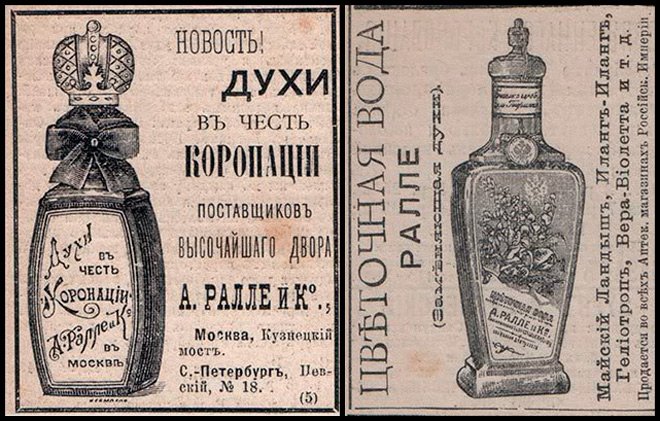
But the First World War began - Ernest was drafted into the army. Raised in the spirit of loyalty to the Fatherland, having absorbed the Russian spirit, Russian prowess, he receives several orders for bravery, among them the Order of St. Vladimir with swords and a bow. In 1918, news came - do not return to Russia, the factory was nationalized, life was in danger.
When you look into the history of Russia, precisely in those years - the years of revolution, chaos and madness, you feel how much was lost - then few people understood what they were destroying and what they were building ... Many left Russia with pain in their hearts - forever. We left the Crimea in the midst of smoke and fire. When the steamers departed, the bells ringing of churches were heard, as if Russia itself was saying goodbye ... Tears were rolling down the cheeks of many, a whisper was heard - "... goodbye, Russia."
After all, there, beyond the steep cliff,
The native fields were turning yellow,
And something painfully wonderful
My darling smelled like earth.
Ernest Eduardovich at the age of 36, a young handsome man who has lost all his fortune, starts life from scratch. He is again at the Ralle factory, but not in Russia, but in France, in Grasse. He continues his favorite business, studies new achievements in perfumery, and in France there is a lot to learn, because France is a citadel of perfumery art. Ernest pays attention to artificial substitutes for expensive oils. Later, he followed François Coty and began to use aldehyde fragrances, which gained popularity at that time.
Nothing evokes in us the memories of past events so clearly as the smells associated with them. And then, when, after many years, the past is recalled, the breath of aroma revives in the memory! ... Probably the memories of youth, spring happiness in distant snowy Russia, helped Ernest Bo to create a great masterpiece of the art of perfumery.
Perfume and fragrance Chanel No. 5
Chanel # 5 perfumes, created by him for the genius Coco, made him famous in all perfumery. This perfume was destined to become the most outstanding invention in the perfumery of the twentieth century among aldehyde fragrances.As the Russian perfumer Konstantin Verigin, who worked together with Ernest Bo in exile, recalls, “... he worked with amazing patience, repeating samples hundreds of times, even if they were successful from the very beginning, constantly striving for perfection ...”.
“I created this perfume in 1920 when I returned from the war. Part of my military campaign took place in the northern countries of Europe, beyond the Arctic Circle, during the midnight solstice, when lakes and rivers radiate a special freshness. I have retained this characteristic smell in my memory ... ”.
“But there is one smell in the world,
And there is one bliss in the world,
It's a Russian winter afternoon
This is the Russian smell of snow. "
Gabrielle Chanel - famous couturier Coco, her image is personified by the perfumes created by Ernest Bo. Chanel No. 5, which you breathe and cannot breathe. And a woman's appearance, full of power, charm and charm, rises in my memory - the forever young image of Chanel. With these perfumes, Ernest Beau immortalized Coco Chanel even more. But there is also a particle of Russia in these spirits.
After the creation of Chanel No. 5, fame and popularity came. Ernest Bo could afford to live in a luxurious apartment. But along with this, envious conversations about Ernest Beau and Chanel went. What versions did the "popular rumor" come up with in order to belittle the glory of Ernest Bo, not to mention Coco Chanel. And the main reason is the competition between fashion houses. In addition to the Chanel house, Ernest Bo worked for the Bourgeois house. He created such fragrances as Chanel No. 22, Gardenia, Bois de Isle, Cuir de Russie. His best works sparkle with joy, inspire dreams, transform our lives, they bring happiness, taking away from everyday dullness. Ernest Bo treated perfumery as an art and taught his colleagues to analyze and decompose the smell into its component parts, memorizing all the elements, to keep in memory, to compose a range that must be followed when creating a fragrance.
After the creation of Chanel No. 5 more than 30 years Ernest Bo worked, creating happiness for the owners of his spirits. But there were many for whom he became a hindrance. Yes, human envy can be limitless, and sometimes it splashes out sparing no one around. At the end of 1960, he was fired from the Chanel and Bourgeois houses. He was shocked, he felt that there was still a lot he could do in perfumery, but he was removed from what was so dear to him, without which life for him would become plain and empty. Ernest Eduardovich did not endure this shock and, falling ill, died on March 8, 1961.
The funeral service took place in his parish church Notre Dame de Gr? Ce de Passy, his favorite flowers, roses, were carpeted on the floor of the church.
Ernest Beaux is a Frenchman and a Russian, who combined the best qualities of French and Russian cultures, for whom both France and Russia were dear. He was extraordinarily handsome, impeccably dressed, knew how to enjoy life. He had a manly appearance and excellent posture. In addition to his love for perfumery, he had many other interests - he was a collector of antiques, a connoisseur of champagne. Ernest Bo was interested in art - he collected a unique collection of paintings, books, furniture, carpets, silver, icons, as well as Russian porcelain from famous sets. In addition, he collected the finest wines of France and was known as the chevalier du Tastevin (a member of the Order of the Knights of Tasting). More than two thousand bottles of the best brands were kept in its cellars. He liked to delight his guests, treating them to the best wines, explaining their merits.
As a true Frenchman, Ernest Beau knew how to see beauty in women, and was loved by them. He was witty and gallant. As a true Russian Ernest Bo possessed both Russian prowess and Russian generosity, generosity and hospitality, he loved Russian nature, music, and literature. Ernest Bo liked in the Russian man his vision of the world, the ability to convey his beauty. He always knew how to find an opportunity to support Russian emigrants - sometimes he gave a specially inflated price for antiques, or he helped to get a job. An attractive force emanated from him. He was polite and attentive to his colleagues, treated everyone with great respect, for which everyone loved him. In conversation, he freely expressed his opinion, made remarks with delicacy and wit.He felt a high level of education and culture. Sometimes he shared his memories of the past - he had a real gift for a storyteller. In addition to the Order of St. Vladimir, Ernest Bo was awarded the Order of the Legion of Honor, the English Military Cross.
The most famous perfume created by Ernest Bo.
Chanel No. 5
Chanel No. 22. Spirits have a number indicating the year of creation - 1922. Composition of white rose, lily of the valley, jasmine, lily, ylang-ylang, tuberose in combination with aldehydes.
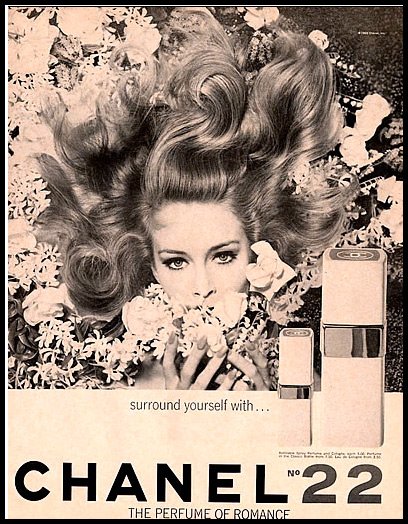
Cuir de Russie was created in 1924. A composition of tobacco, smoky and hay notes combined with citrus zest and styrax. The aroma is sweet, thanks to such ingredients as rose, ylang-ylang and jasmine.
Gardenia - 1925 - The fragrance was composed of a romantic gardenia in the title role and violets combined with vanilla and powder - an unexpected decision of the perfumer.
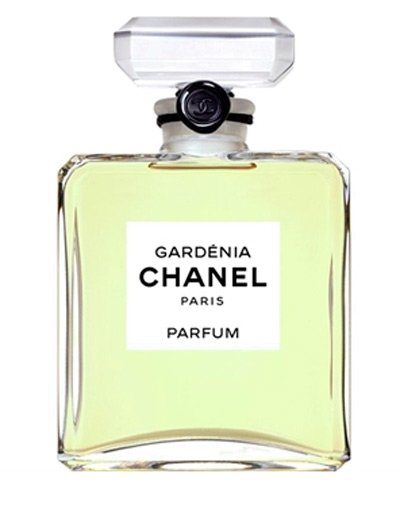
Bois des Iles, "Island Forests" - 1926. It was Ernest Bo's favorite scent. It belongs to woody ones. In addition to aldehydes, which are quite often found in Ernest Bo's fragrances, there are damask rose, Mysore sandalwood, ylang-ylang, coriander, jasmine, iris powder. And what do you think, what does it remind of? Many people feel a light breeze from the forest on a summer morning, a pleasant smell of wood. Yes, this smell brings back memories of Russia.
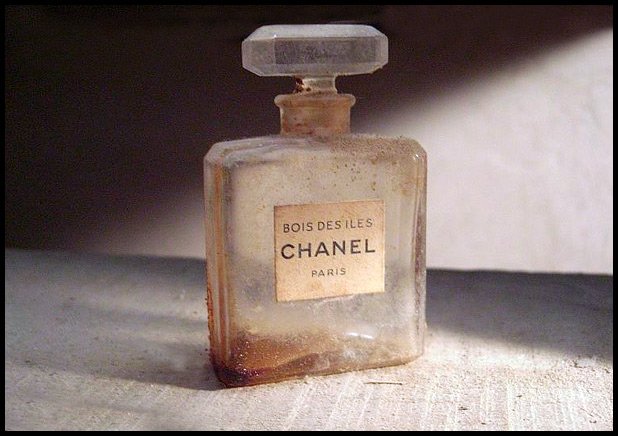
And here is France. Perfume Soir de Paris ("Parisian evening"), created in 1928. The press wrote: “This is one of the first spirits, very subtly conveying the very air of the era. It is more than perfume - this fragrance embodies the spirit and magic of modern Paris ... ”.
And the bottle matched the scent. It was dark blue - the emblem of the night, with a silver cork - a symbol of electrical illumination. The main components of the fragrance are a light breath of bergamot, then a cheerful sparkling jasmine, sweet ylang-ylang, Turkish rose and iris, the final notes are vanilla and powder.
In 1936, Kobako was created, which in Japanese means "box for ceremonial incense." During these years there was a great passion for the East, for oriental incense. There is Kobako Canyon in Japan. Both the Japanese and tourists admire its grandiose cascading waterfalls, in the sparkling spray of which a rainbow shimmers on sunny days. The scent is filled with sweetish, somewhat heavy notes for true Japanese aromas. But in those years, Japan was associated precisely with such incense, which is more inherent in India.
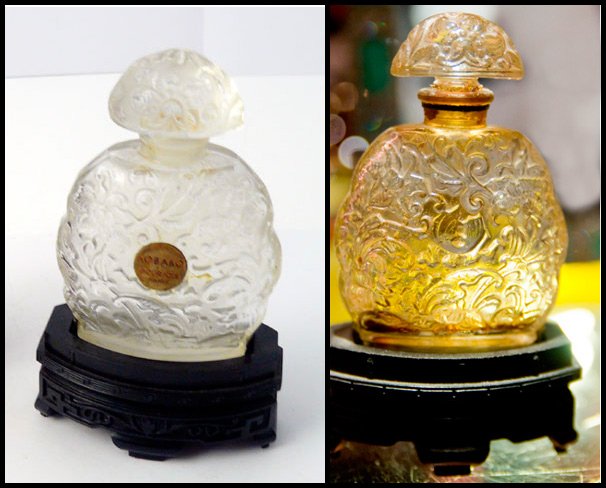
Ernest Beau studied, observed, memorized and improved his whole life, so he was able to convey all the best from his experiences in the fragrant accords of his aromas.
Comments and Reviews
Add a comment
Rating news
Shades of clothing that make women look younger
What shades of hair make women younger: rules and photos
Funny wedding dresses - photos and ideas
12 most expensive down jackets for the winter
How to look 25 at 40: tips from supermodels
Beautiful schoolgirls
Anti-aging haircuts and hairstyles for women
Fashionable skirts for autumn and winter
Fashionable women's trousers for the cold season
Fashionable and stylish sandals for summer 2024
Spring-summer 2024
 Fashionable dresses and tops with thin spaghetti straps
Fashionable dresses and tops with thin spaghetti straps
 Bandana tops: how to wear stylishly and beautifully
Bandana tops: how to wear stylishly and beautifully
 How to put together the perfect men's wardrobe for the summer
How to put together the perfect men's wardrobe for the summer
 Fashionable shorts for spring-summer 2024
Fashionable shorts for spring-summer 2024
 Fashionable skirts for spring-summer 2024: a guide to online shopping
Fashionable skirts for spring-summer 2024: a guide to online shopping
 The most fashionable dresses spring-summer 2024: styles and colors
The most fashionable dresses spring-summer 2024: styles and colors
 Fashionable total look 2024: image ideas and trends
Fashionable total look 2024: image ideas and trends
